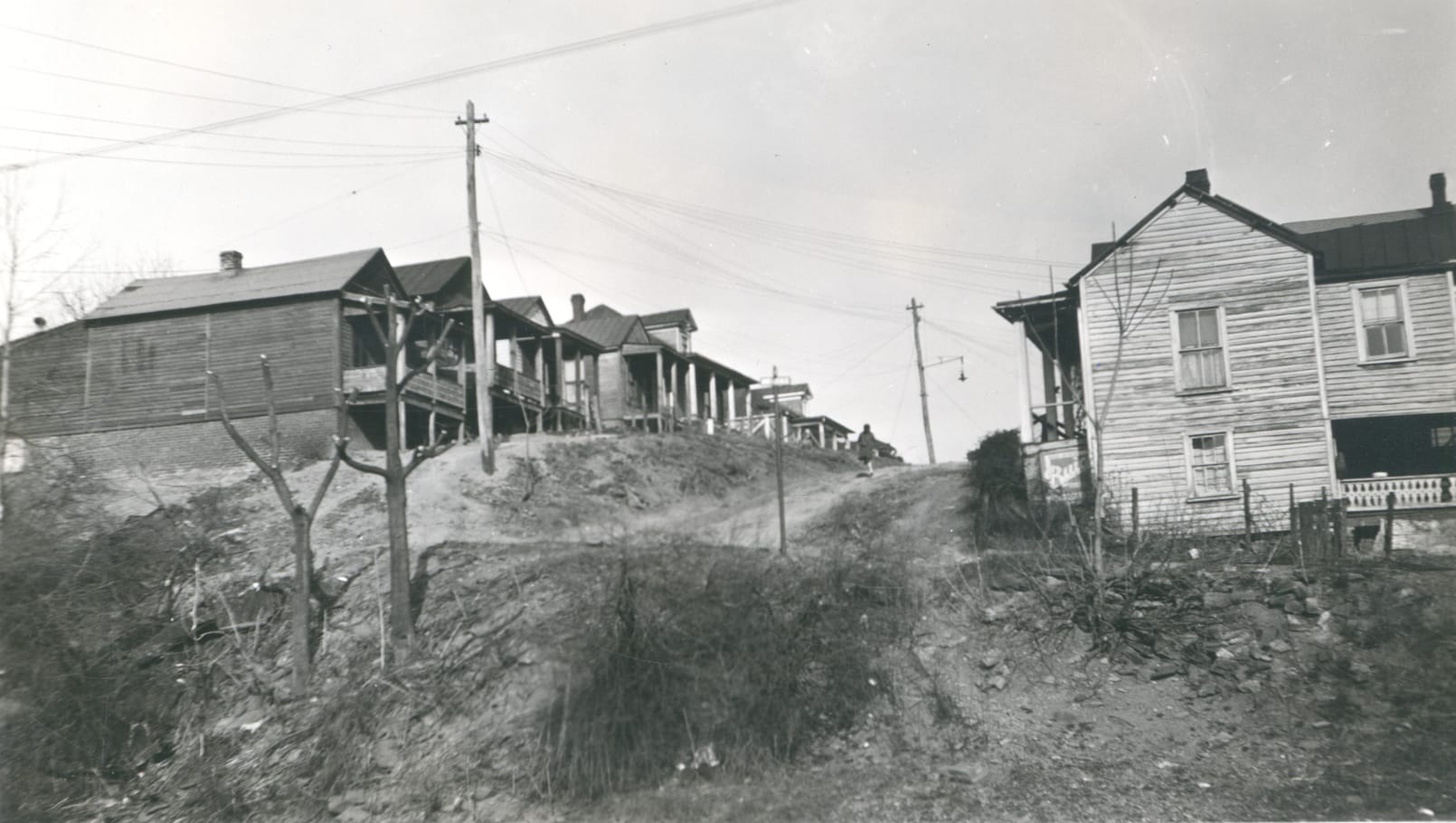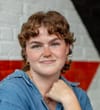Roanoke Equity Board Sends Urban Renewal Apology Draft to City Council
Roanoke's equity board is preparing public meetings this fall to get feedback on what specific action items the city should take.

After a nearly two-year-long process, an apology for Roanoke’s role in urban renewal is moving one step closer to reaching City Council.
Roanoke’s Equity and Empowerment Advisory Board on Thursday voted to present an abbreviated version of its draft apology to Council. The board plans to present the draft in October, Chair Angela Penn said.
The original draft includes two parts. The first outlines the history of urban renewal — city policies that razed Black homes and businesses in Gainsboro and Northeast Roanoke to clear the way for redevelopment between the 1950s and 1970s — and acknowledges the lasting harm to Roanoke’s Black community.
The second part is a 12-item list including proposed action items like: “City Council commits to the investment of resources to create opportunities for economic equity for Roanoke’s African-American population to thrive.”
The board’s revised draft would include only the historical acknowledgement. The action items would follow in a separate proposal, to be developed after a series of community meetings, currently scheduled for Sept. 27, Oct. 13 and Nov. 6. The October meeting will be held at Melrose Branch Library at 5:30 p.m. and the November meeting at Williams Memorial Baptist Church at 5:30 p.m. Details for the September date are pending.
Briana Apgar, the board member who made the motion, championed the two-part structure. She expressed concern that combining the two parts and continuing to debate the action steps would delay the longstanding apology further. Momentum stalled in March 2024 after controversy over the city’s approach to a development plan for Evans Spring.
In any apology, Apgar said, there are two steps: first, a straightforward acknowledgement of harm, and second, the actions that resolve it.
“I think that making an apology is always the responsibility of the aggressor,” she said. “But I think that the victim gets to state what would help them to move forward.”
Apgar said she hopes that putting the apology in motion ahead of the community meetings will reflect the board’s commitment to the issue and encourage more participation.
While the draft would not include concrete commitments to action, Apgar emphasized that the board would not be “off the hook.” During the meeting, she proposed including a new clause stating that “a list of recommendations will be forthcoming following the community sessions.”
City Councilman and former EEAB member Phazhon Nash attended the meeting. He declined to comment on the apology’s progress, saying that he doesn’t want to influence public opinion. However, he acknowledged Chair Angela Penn’s leadership during some “very challenging times” for the board, and praised the work of the new members, Apgar, Sally McQuinn and Juan Carlos Mejia.
“As a former EEAB board member who helped work on the prior efforts, I love seeing the new energy and membership on the board,” he wrote in an email Monday.
The board also discussed the timing and format of its upcoming community meetings. Mejia invited Decca Knight, a counselor with the Roanoke Valley Trauma Informed Community Network, to consult on how to create a supportive environment for the meetings.
“Discussing the same thing over and over again can be re-traumatizing,” Knight said, referring to urban renewal and the long-awaited apology. “Acknowledging that this is a discussion that's been ongoing for some time, and the frustrations in the community with the ongoing conversation and not a lot of action, and expressing that openly is very important.”
Penn echoed that concern.
“I just really wanted to make sure that as we go through this process, we recognize and understand the trauma that was caused by urban renewal,” she said. “And so we need to make sure that we are facilitating the community meetings in a way which addresses that, and that we don't cause any re-traumatization for the community.”
The board discussed several options for collecting feedback. Ideas included weekend and evening meetings, a virtual format, one-on-one meetings, and allowing residents to submit input via survey without attending in person.
The group also brainstormed methods for promoting the upcoming community sessions. Suggestions included sending individual invitations to important community leaders and organizations, advertising in local media and distributing flyers in churches.
Katie Hedrick, the city’s inclusive services manager, emphasized the need for flexible, accessible options, especially considering the emotional weight of the discussions ahead.
“This would take some logistical navigation, but I think there could be options that would hopefully give someone a safer space to share those experiences,” she said. “We don't want to lose out on any voices because of that.”
Mejia, one of the board's newest members, stressed that community representation and participation must be central to the process.
“It cannot be something that we just fabricate and put in place as a solution because we believe it’s the right way to do it,” he said. “We cannot do this without our community.”

